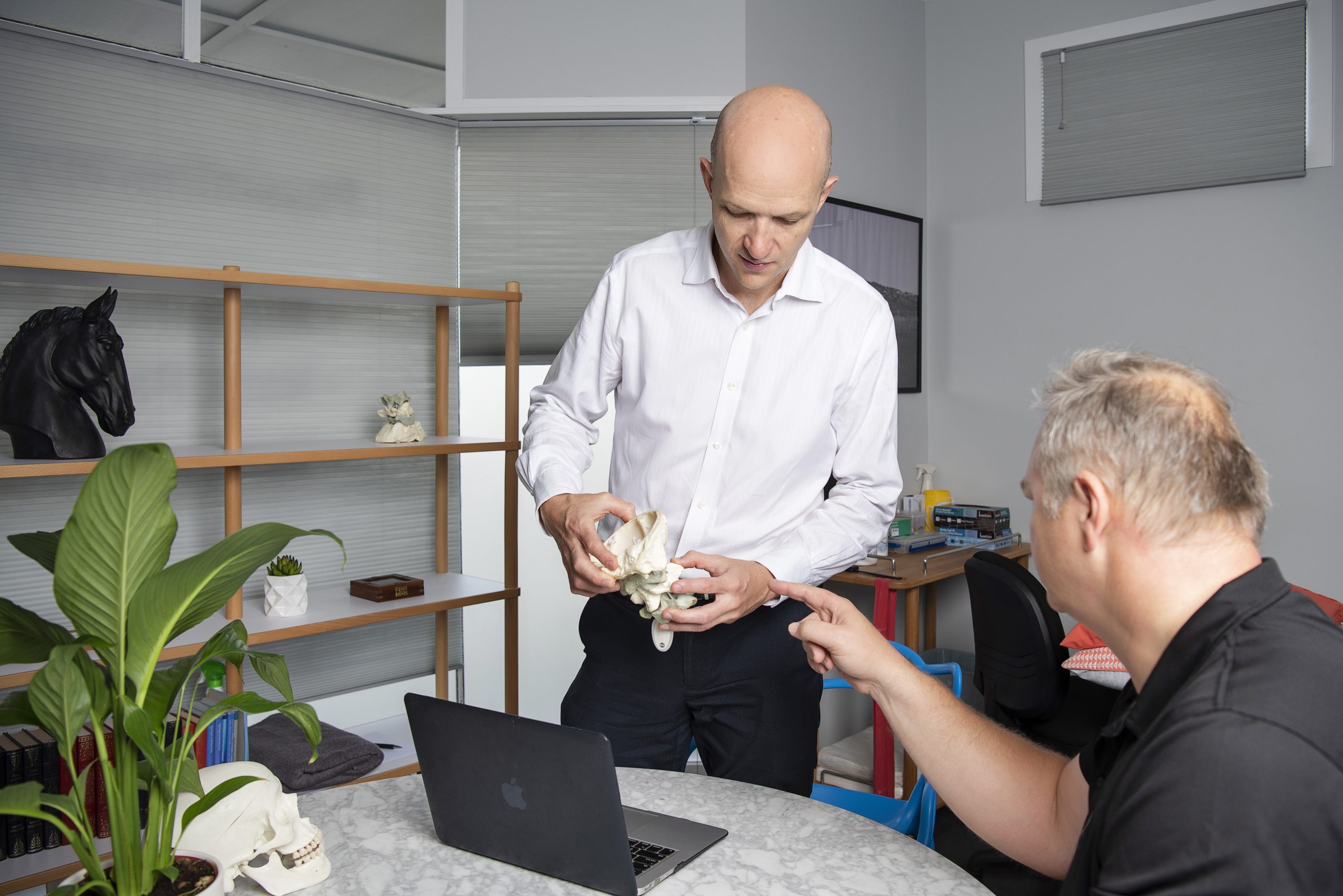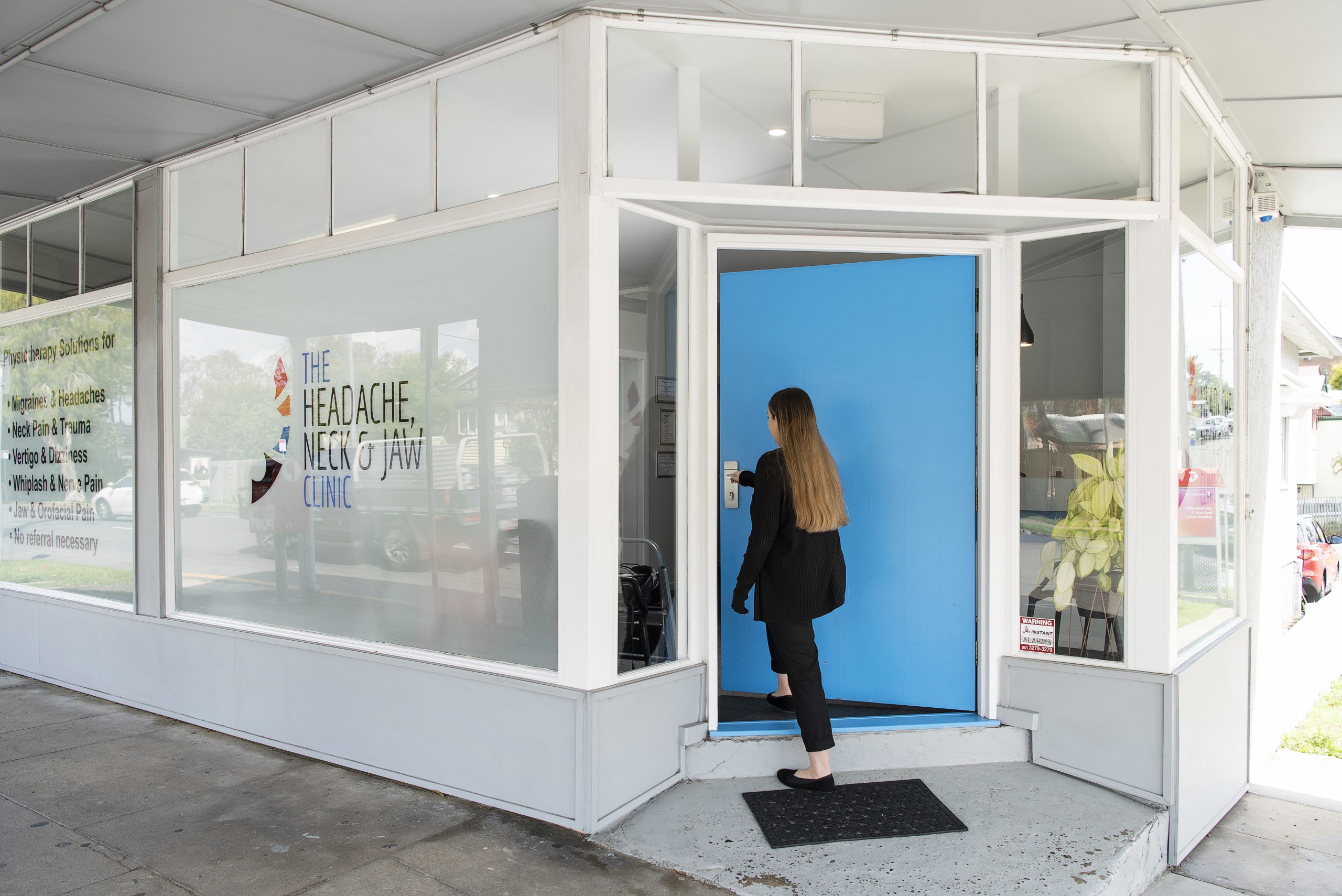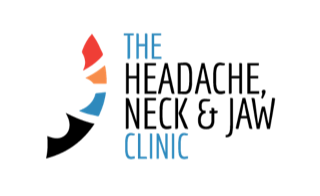Vestibular Resources for Referrers

Referring a Patient? - Click Here
Vestibular Treatment Explained
What is BPPV?
Benign paroxysmal positional vertigo (BPPV) is a condition which causes brief/intense dizziness (and nausea). It occurs when particles (Otoconia) break off from the Cochlea and lodge themselves within the Semi-Circular Canals of the inner ear. This can occur via a head injury, infection or other conditions associated with the inner ear, as well as old age and migraines.
With Otoconia loose in the Canals, incorrect nerves in the Vestibular System are stimulated, leading to excess sensitisation. During head movements, the brain receives input that the head is spinning or moving excessively, even when the head has only moved slightly. Patients will describe their symptoms as if the world is turning while they are standing still, and their symptoms will come and go with no apparent reason many times throughout the day.
BPPV is predominantly diagnosed via physical examination (but can also be confirmed via auditory testing). Firstly, all central involvement must be cleared via oculomotor, balance and vestibular ocular reflex testing. Following all central signs being cleared, the three Semi-Circular Canals are then individually tested for involvement, with the Posterior Semi-Circular Canal most commonly being found at fault. Most patients generally present with Cervical issues, due to the nature of Vertigo symptoms causing upper body tension, as a way to compensate.
Depending on the findings of the physical assessment, patients are provided with a Canalith Repositioning Program; which includes manoeuvres performed within the clinic and exercises to be performed at home. Generally, patients are also treated for any Cervical symptoms found in the initial examination.
What is Central Dizziness?
As mentioned above, all central signs must be tested for before a diagnosis of BPPV can be made. This includes testing the Oculomotor, Balance and Vestibular Ocular Reflex systems, as well as screening for Vertebral Artery Insufficiency and Upper Cervical instabilities.
Treatment for dizziness with central involvement includes an education and exercise based program, along with some manual therapy dependent on each patient’s specific problems. Generally, three main principle methods of exercise are prescribed to each patient; Gaze Stabilisation, Balance and Habituation.
Gaze Stabilisation exercises are prescribed when Oculomotor insufficiencies are found during assessment. They are used to improve eye control during head movements, therefore improving the clarity of the patient’s vision. Patients will often report issues with reading or focusing on objects when moving about. E.g. Oculomotor retraining exercises will generally consist of repeated head movements, while the patient attempts to fixate on a stagnant object.
Balance exercises are designed specifically to address each patient’s underlying balance issues. The exercises are to be challenging enough to incite some form of coordination strategy from the patient, but safe enough as to avoid injury.
E.g. Balance exercises should include changes in base of support, visual input and involving one or more extra tasks, in order to increase the difficulty for patients.
Habituation exercises are prescribed when Vestibular Ocular Reflex (VOR) issues are found during assessment. Patients with VOR issues will report dizziness from self-motion (moving around, especially with quick head movements or bending over) or from increased visual stimulus (shopping malls, action movies etc). The goal of habituation exercises is to reduce dizziness associated with these stimuli through repetitive provocation and resolution. Over time, the brain learns to ignore the abnormal signals it is receiving from the inner ear, in response to these stimuli. E.g. Patient views a video clip from someone else's point of view, moving through a busy shopping centre, while increasingly reducing their base of support as able.
Author: Scott Cook
Headache, Neck & Jaw Conditions We Treat
Our Brisbane clinics specialise in the treatment of head, neck and jaw conditions, many of which are notoriously difficult to treat. If you’re experiencing symptoms of any of the following problems, our team has the expertise and training to help.
Headaches
Migraines
Jaw and Orofacial Pain
Neck Pain and Trauma
Whiplash and Nerve Pain
Vertigo & Dizziness
Tinnitus
Singing / Vocal
Therapy
Book an Appointment
If you’re experiencing pain or discomfort then don’t put it off - contact our friendly team today to make an appointment with one of our expert physiotherapists.
Book Your Appointment Now!
Get in touch with us today for more information on our services or to make an appointment with our friendly team.

